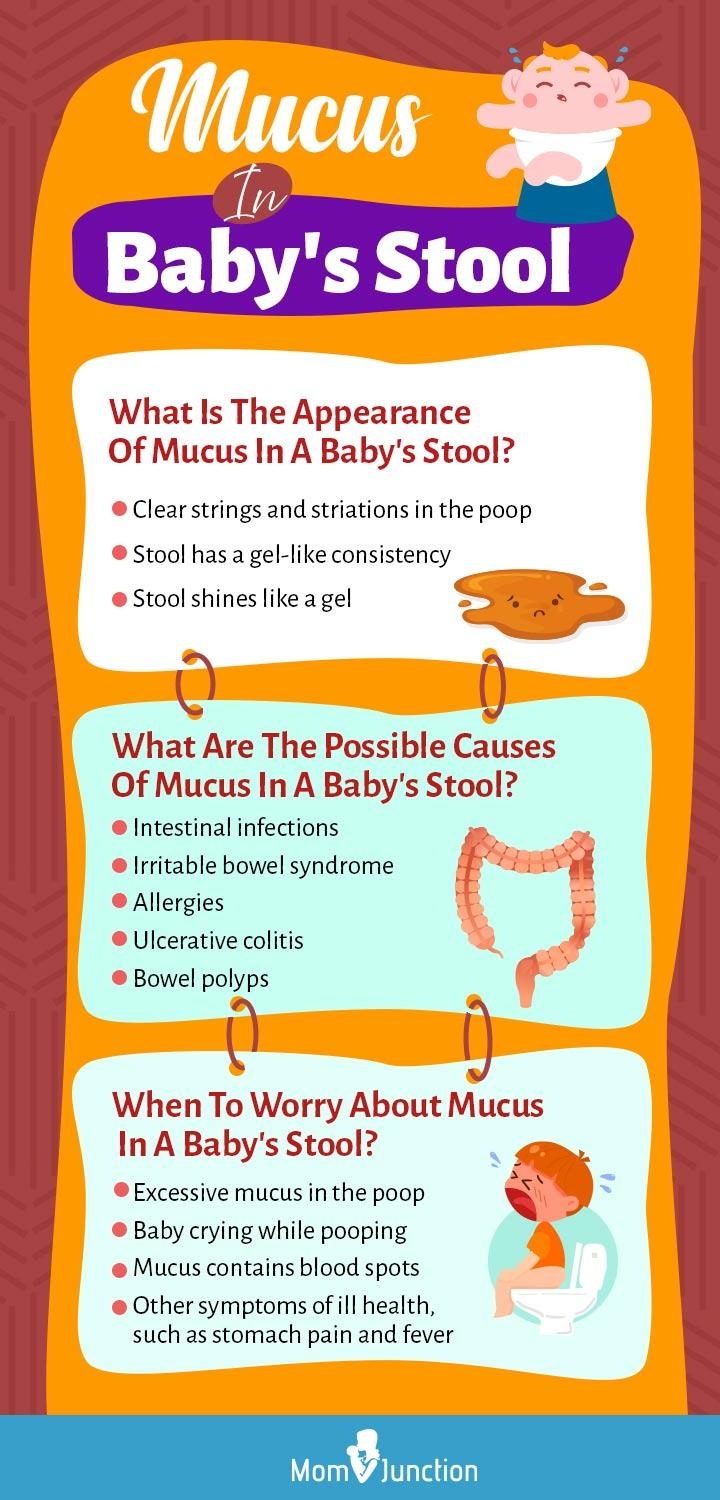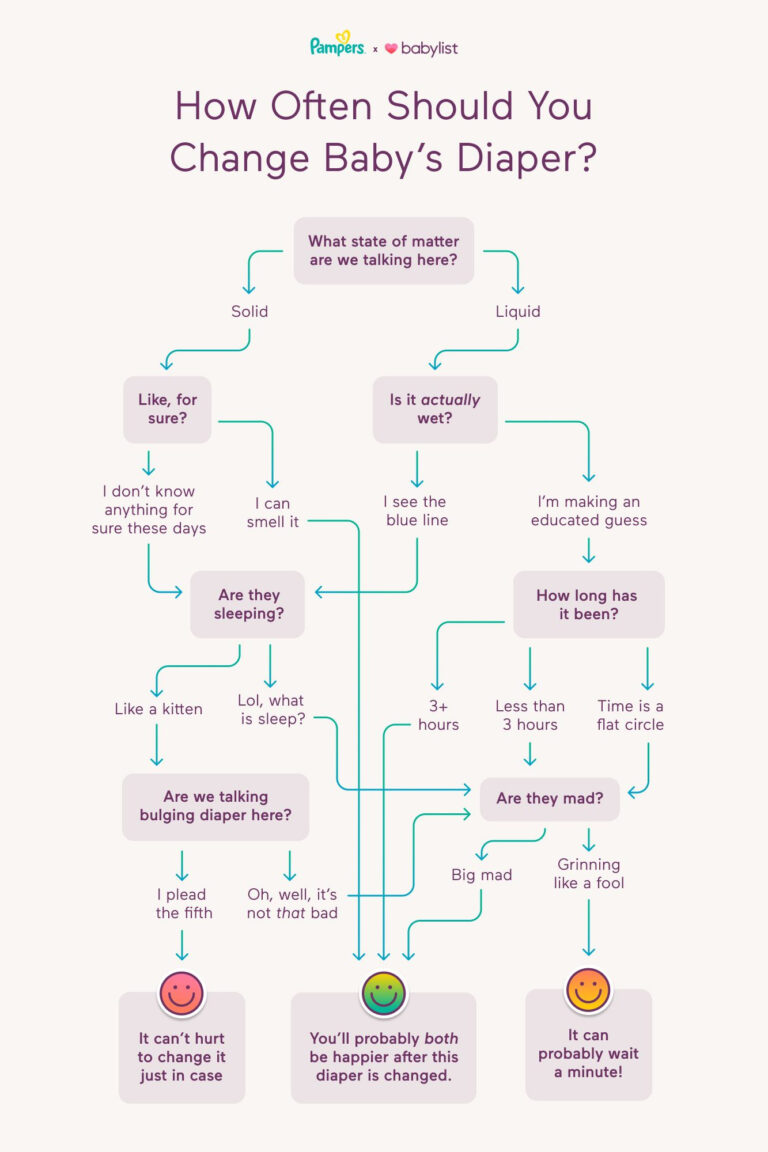Upper Back Pain During Pregnancy: Causes, Treatment, and Prevention
Upper back pain is a common complaint during pregnancy, affecting up to 80% of women. It can range from mild discomfort to severe pain that interferes with daily activities. Understanding the causes, symptoms, and treatment options for upper back pain during pregnancy is essential for expectant mothers seeking relief and maintaining a comfortable pregnancy.
This comprehensive guide will delve into the various factors contributing to upper back pain during pregnancy, including hormonal changes, weight gain, and posture shifts. We will explore the different types of pain, symptoms, and treatment options available, including physical therapy, chiropractic care, and home remedies. Additionally, we will provide tips for preventing upper back pain and discuss when to seek medical attention.
Overview of Upper Back Pain in Pregnancy
Upper back pain during pregnancy is a common complaint, affecting up to 70% of pregnant women. It is usually caused by the changes in posture and weight distribution that occur as the baby grows.
The most common type of upper back pain in pregnancy is mechanical pain, which is caused by strain or injury to the muscles, ligaments, or joints. This type of pain is often described as aching, dull, or throbbing.
Another type of upper back pain that pregnant women may experience is referred pain, which is caused by irritation of a nerve. This type of pain is often described as sharp, shooting, or burning.
Causes of Upper Back Pain in Pregnancy
Upper back pain during pregnancy is a common issue affecting many expectant mothers. Understanding the underlying causes can help you find effective ways to manage and alleviate this discomfort.
Hormonal Changes
During pregnancy, your body undergoes significant hormonal changes. The hormone relaxin, in particular, plays a crucial role in preparing your body for childbirth. It relaxes the ligaments and muscles, including those in your back, to allow your pelvis to expand and accommodate the growing baby.
However, this hormonal shift can also lead to instability and discomfort in the upper back, as the muscles and ligaments may not be able to fully support the changing posture and weight gain.
Growing Uterus and Weight Gain
As your baby grows, your uterus expands, pushing forward and shifting your center of gravity. This can alter your posture, putting extra strain on your upper back muscles and ligaments.
Additionally, the weight gain associated with pregnancy adds to the load on your back, further contributing to discomfort.
Other Contributing Factors
- Stress: Stress can lead to muscle tension, including in the upper back.
- Fatigue: Pregnancy can be physically and emotionally tiring, which can contribute to muscle fatigue and pain.
- Poor posture: Poor posture, whether before or during pregnancy, can exacerbate upper back pain.
Symptoms of Upper Back Pain in Pregnancy
Upper back pain during pregnancy is a common complaint, affecting up to 80% of women. It can range from mild to severe and can be felt in the upper back, between the shoulder blades, or in the neck.
Upper back pain in pregnancy can differ from other types of back pain in several ways. It is often described as a dull, aching pain that worsens with certain activities, such as standing for long periods of time or lifting heavy objects. It may also be accompanied by muscle spasms or tightness in the upper back and neck.
In some cases, upper back pain in pregnancy can be a sign of a more serious condition, such as preeclampsia or labor pain. Preeclampsia is a condition that can develop during pregnancy and is characterized by high blood pressure and protein in the urine. Labor pain is the pain associated with childbirth. If you are experiencing severe upper back pain during pregnancy, it is important to see your doctor to rule out any underlying medical conditions.
Here are some tips for differentiating between upper back pain and other conditions, such as preeclampsia or labor pain:
– Preeclampsia is usually accompanied by other symptoms, such as high blood pressure, swelling in the hands and feet, and headaches.
– Labor pain is usually felt in the lower back and abdomen and is often accompanied by contractions.
Treatment Options for Upper Back Pain in Pregnancy
When it comes to dealing with upper back pain during pregnancy, there’s a bunch of different treatments that can help.
Physical Therapy
Physical therapy is a great way to relieve upper back pain during pregnancy. Physical therapists can teach you exercises that can help strengthen your back and improve your posture. They can also use techniques like massage and heat therapy to relieve pain.
Chiropractic Care
Chiropractic care is another option for treating upper back pain during pregnancy. Chiropractors use spinal adjustments to improve alignment and reduce pain.
Massage Therapy
Massage therapy can also be helpful for relieving upper back pain during pregnancy. Massage therapists can use different techniques to relax muscles and relieve pain.
Over-the-Counter Pain Relievers
There are a number of over-the-counter pain relievers that are safe to use during pregnancy. These include acetaminophen (Tylenol) and ibuprofen (Advil).
Home Remedies
There are also a number of home remedies that can help relieve upper back pain during pregnancy. These include:
– Applying a warm compress to your back
– Taking a warm bath
– Getting a massage
– Doing gentle exercises
– Sleeping on your side with a pillow between your knees
Prevention of Upper Back Pain in Pregnancy
Maintaining good posture is essential for preventing upper back pain during pregnancy. Stand and sit up straight, with your shoulders back and your head held high. Avoid slouching or hunching over, as this can put strain on your back muscles.
Regular exercise is another important way to prevent upper back pain during pregnancy. Exercise helps to strengthen your back muscles and improve your flexibility. It also helps to reduce stress, which can contribute to back pain. Choose exercises that are safe for pregnancy, such as walking, swimming, or yoga.
Other lifestyle modifications that can help to reduce the risk of upper back pain during pregnancy include:
Maintaining a healthy weight
Excess weight can put strain on your back muscles and lead to back pain.
Wearing comfortable shoes
High heels can put strain on your back muscles and lead to back pain. Wear comfortable shoes with good arch support.
Using a pregnancy pillow
A pregnancy pillow can help to support your back and neck while you sleep.
Getting regular massages
Massages can help to relieve muscle tension and pain.
When to Seek Medical Attention for Upper Back Pain in Pregnancy
It’s crucial to seek medical attention if you experience any of the following signs or symptoms of upper back pain during pregnancy:
- Severe or persistent pain that doesn’t improve with home remedies.
- Pain that radiates down your arm or leg.
- Numbness or tingling in your hands or feet.
- Weakness in your arms or legs.
- Difficulty breathing.
- Chest pain.
- Abdominal pain.
- Vaginal bleeding.
Upper back pain can be a sign of a more serious condition, such as preeclampsia or placental abruption. If you have any of these symptoms, it’s important to see your healthcare provider right away.
Exercises for Upper Back Pain in Pregnancy
Staying active during pregnancy is important, but it can also lead to upper back pain. Here are some exercises that can help relieve upper back pain during pregnancy.
It is important to talk to your doctor before starting any new exercise program during pregnancy. They can help you determine which exercises are safe for you and your baby.
Shoulder Rolls
- Sit up straight with your shoulders relaxed.
- Roll your shoulders forward in a circular motion for 10 repetitions.
- Reverse the direction and roll your shoulders backward in a circular motion for 10 repetitions.
- Repeat this exercise 2-3 times per day.
Neck Stretches
- Sit up straight with your shoulders relaxed.
- Slowly tilt your head forward and tuck your chin to your chest.
- Hold this position for 10-15 seconds.
- Slowly tilt your head back and look up at the ceiling.
- Hold this position for 10-15 seconds.
- Repeat this exercise 2-3 times per day.
Back Extensions
- Lie on your back with your knees bent and your feet flat on the floor.
- Place your hands behind your head.
- Slowly lift your head and shoulders off the ground.
- Hold this position for 10-15 seconds.
- Slowly lower your head and shoulders back to the ground.
- Repeat this exercise 2-3 times per day.
Lifestyle Modifications for Upper Back Pain in Pregnancy

Making some simple changes to your lifestyle can help reduce upper back pain during pregnancy. These include:
- Improving your posture. Stand up straight with your shoulders back and your head held high. Avoid slouching or hunching over.
- Managing stress. Stress can worsen upper back pain, so it’s important to find ways to manage stress during pregnancy. Some helpful tips include:
- Exercising regularly
- Getting enough sleep
- Eating a healthy diet
- Spending time with friends and family
- Practicing relaxation techniques, such as yoga or meditation
- Getting enough sleep. When you’re pregnant, it’s important to get plenty of rest. Aim for 7-8 hours of sleep per night.
- Other lifestyle changes. In addition to the tips above, there are a few other lifestyle changes that can help promote overall well-being during pregnancy and reduce upper back pain, such as:
- Eating a healthy diet
- Exercising regularly
- Maintaining a healthy weight
- Avoiding smoking and alcohol
Frequently Asked Questions
What causes upper back pain during pregnancy?
Upper back pain during pregnancy is primarily caused by hormonal changes, weight gain, and posture shifts. The hormone relaxin loosens ligaments and joints, leading to increased mobility and potential instability in the spine. Weight gain during pregnancy alters the body’s center of gravity, putting strain on the back muscles. Additionally, the growing uterus pushes the spine forward, causing a compensatory arch in the upper back.
How can I prevent upper back pain during pregnancy?
Maintaining good posture, practicing regular exercise, and managing stress can help prevent upper back pain during pregnancy. Good posture involves keeping the shoulders relaxed, chest lifted, and spine straight. Regular exercise strengthens back muscles and improves flexibility. Managing stress through techniques such as yoga, meditation, or deep breathing can reduce muscle tension.
When should I seek medical attention for upper back pain during pregnancy?
Seek medical attention if upper back pain is severe, persistent, or accompanied by other symptoms such as numbness, tingling, or weakness in the arms or legs. These symptoms may indicate a more serious underlying condition, such as a pinched nerve or preeclampsia.





